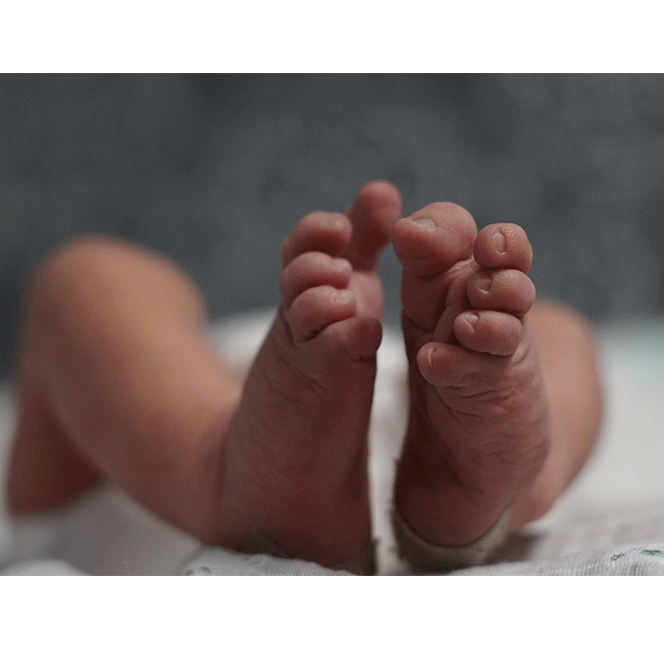The BSA Postgraduate Student Regional Event on ‘Reproduction and Risk’ took place at the University of Leicester on 20 November 2019, hosted by PhD student and midwife Julia Clark. The aim of the conference was to stimulate theoretical conversations around the ways risk and anxiety are enacted across the reproductive life course.
Dr Zeynep Gurtin, Lecturer in Reproductive Health at the Institute for Women’s Health, UCL, provided the keynote address, using an evocative case-study of one woman’s experience of assisted reproduction and early motherhood to explore how risk, uncertainty and accountability have changed the emotional landscape of parenthood, contributing to reproductive anxiety.
Claire Horn, a final year PhD candidate at Birkbeck School of Law, provided the first of five postgraduate presentations, discussing artificial wombs and the discourse of risk in pregnancy. Drawing examples from case law in the United States, the United Kingdom, and Canada, Claire argued that discourses reflect existing narratives of the pregnant person as a ‘risk’ to their foetus, and for the conversation about artificial wombs to be reframed to put the health, needs, and desires of pregnant people at its centre. Rachel Arkell, in her first year of an SeNSS funded collaborative PhD studentship with bpas at the University of Kent, spoke next on pregnant women, alcohol, and the quest for biomarkers within a narrative of risk. Rachel explored the context of calls for further research into the use of meconium as an objective biomarker, highlighting key ethical and legal implications if such a test were to be implemented within the UK. Kristine Fearon, a doctoral researcher at the Centre for Reproduction Research at De Montfort University, Leicester, concluded the first half of the day, exploring how women with Turner Syndrome and mothers of girls with Turner Syndrome balance reproductive choices, and the difficulties of exercising choice ‘responsibly’ in a context where reproductive risk is difficult to determine.
Dr Cathy Herbrand, Reader in Medical Sociology at De Montfort University and the Deputy Director of the Centre for Reproduction Research, opened the second half of the day with a presentation on reproductive choices in the context of inherited disease. She explored how women with mitochondrial disorders balance complex risks, experiential knowledge and practical constraints when making difficult choices regarding having children and using reproductive techniques.
Leah de Quattro, a second-year PhD student at the Centre for the History of Science Technology and Medicine at the University of Manchester, spoke next, presenting her research on group-led antenatal sessions. Leah explored the interplay between themes of risk and control, with notions of risk frequently associated with moments of compromise in childbirth, underlining the variable interpretation and negotiability of risk in lived experience. Maria Larrain, a paediatric osteopath and first-year PhD student at UCL Anthropology department, was the last postgraduate speaker of the day. Her talk, ‘Untangling Tongue-tie: Cutting Through the Medicalisation of Breastfeeding’, examined 21 healthcare professionals’ opinions about infant tongue-tie through a medical anthropological lens.
Professor Natalie Armstrong, Head of Department of Health Sciences at University of Leicester, offered some insightful closing remarks, reflecting on the various conceptualisations of risk presented, and their intersection with other concepts such as responsibility and accountability.
A key aim of the event was to create ‘fertile connections’ by drawing together work and ideas from across different areas of reproduction research and disciplinary sub-fields. Contributions from delegates were encouraged throughout the day in panel discussions and an ‘Open Space’ session, and the conference ended with opportunities for further conversation and networking over drinks.
Feedback from delegates was overwhelmingly positive, with opportunities for discussion cited as a particular highlight, and one delegate concluding, ‘A perfect day!’
Julia Clark is a midwife and also a PhD Student in the Department of Health Sciences at the University of Leicester.


